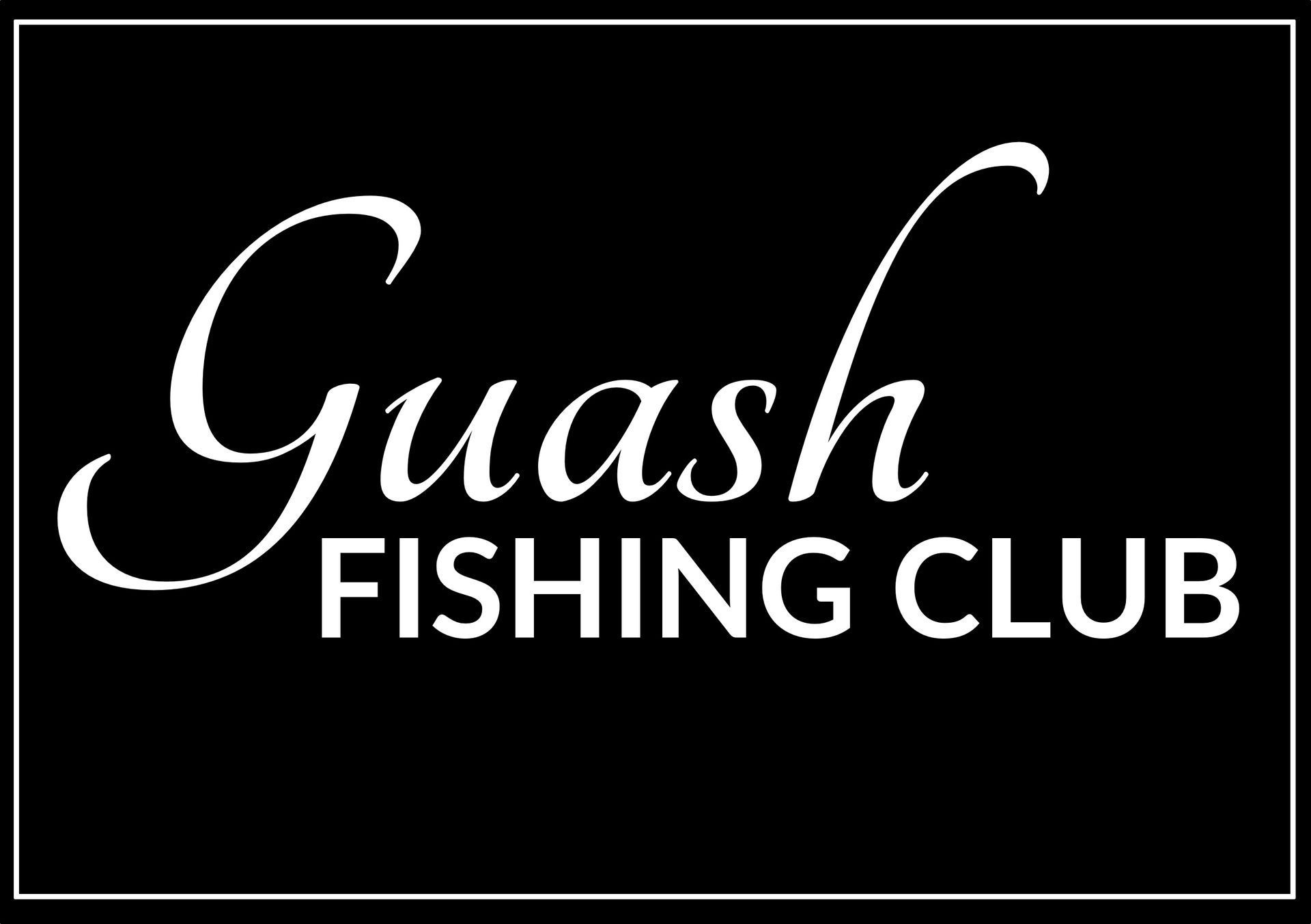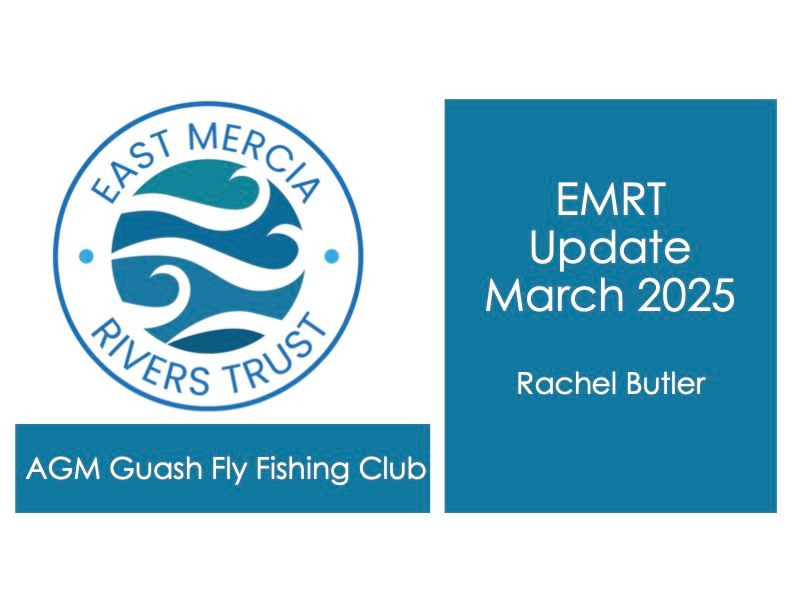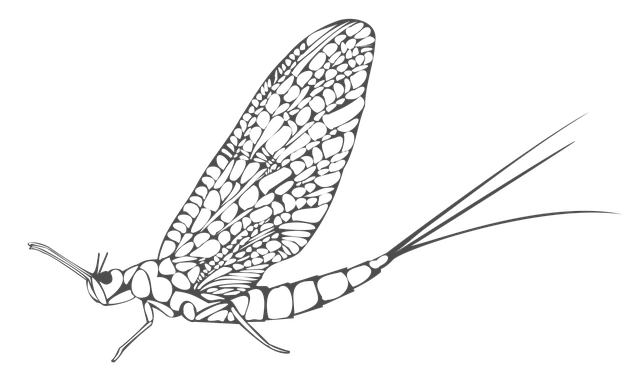Guash Fishing Club- Health and Safety.
Guash Fishing Club, along with its Committee, is fully committed to the health & safety of its members, guests & the general public utilising its sporting, recreational and public access property, along with the environment in general.
You as an individual have the best knowledge of your own physical and mental abilities so you should make your own dynamic ongoing risk assessment as the activity progresses. Do not exceed those abilities. You should always take a method of emergency contact, such as a mobile phone, notwithstanding that some areas may not have connectivity.
Guash Fishing Club does not however, hold any responsibility to persons or the general public for Health & Safety issues that happen on its Property or Rights, that are incurred due to their not obeying Club Rules (available to all on request), or showing due care and attention to pertaining circumstances, statutory obligations, or applying common sense to the pertaining circumstances on its sporting rights.
To achieve this the club has produced a simple Guide to 'General Risks Associated With Angling'. Please read the Guide BEFORE fishing to ensure you are aware of any risk(s) that may be present.
All persons (Members and Guests) fishing Club waters,
do so at their own risk
GENERAL RISKS ASSOCIATED WITH ANGLING
- PATHS - Only use obvious paths along the bank. Always beware of cyclists, horse riders and walkers. Do not place anything on the path which may cause a trip hazard. Beware of tree roots, brambles etc. which may cause trip hazards. Not all paths on GFC waters are maintained, take care when using all paths.
- RIVER BANKS – Take extra care when leaving the paths and using the banks to gain entry to the river. The banks may be covered with plants, roots, loose rocks or loose soil. These can all cause anglers to slip, trip or fall. Please only use the bank where you feel confident that you can descend, or ascend, safely. If in doubt, move to another location that looks more suitable. Also be aware of the bankside vegetation around you. Not just the obvious nettles and similar nuisances but plants such as Giant Hogweed whose sap on your skin, plus sunlight, can cause painful blisters within 48 hours. This plant does appear on our lower Guash beats. It is strikingly large with thick, bristly stems that are often blotched with reddish spots.
- WADING - Take particular care when wading in deep or fast water and on rocky bottoms. Use a wading staff and wading belt at all times. A floatation device or buoyancy aid is also recommended but is at each Anglers discretion. It is strongly advised that all Anglers familiarize themselves with wading any pools to be fished in good daylight conditions before attempting to fish during the hours of darkness. Ensure that the footwear you choose is adequate for the terrain. IN PARTICULAR, be very aware that our rivers have silt pockets, some of which are surprisingly deep.
- TREES - Fishing under trees can be unsafe in windy conditions. Beware of falling branches.
- STILES, BRIDGES & FENCES - Always take care when negotiating stiles and crossing bridges. Fences and walls should not be climbed this causes damage and presents further unnecessary hazards. Before negotiating a stile or bridge a visual inspection should be made to ensure safety for use.
- ELECTRIC FENCES - Electric fences which are used for the control of animals and can periodically discharge high voltages. Contact with the wires may result in a painful electric shock, or worse.
- POWER LINES - Do not fish under or near power lines, electricity can arc over considerable distances. You are ideally earthed in water to conduct electricity. Carbon fibre rods are also an excellent conductor of electricity as is a fly line coated in water. Power lines which cross the river are marked on the banks with a post and sign both upstream and downstream of the power line. Power lines away from the river bank are unmarked.
- LIGHTNING - Again you are ideally earthed when in water and if using a graphite rod, you have a good lightning conductor. In case of lightning it is recommended that you lay your rod flat on the ground and take shelter (not under trees). A car is a good place to shelter.
- WEATHER CONDITIONS - The weather may change suddenly and cause unforeseen dangerous water conditions. Be constantly aware of changing weather and its consequences, particularly rising water levels.
- FALLING IN THE WATER - Falling in the water may cause drowning. It is recommended that a buoyancy aid is worn at all times when on, in or near water. Wearing these devices is at each Anglers discretion and a matter considered at their own risk.
- CASTING - Always show consideration to other users on the river bank by avoiding contacting anyone with your back-cast. It is recommended that protective glasses are worn when fishing to protect your eyes from hooks and flies.
- HOOKS & FLIES - Hooks by their design are sharp and easily penetrate the skin. Their use brings them into contact with germs etc, that can be injurious to health. Caution should be used when handling hooks, tying on or removing hooks. Rusty hooks should be avoided at all times. Weighted flies can cause unpredictable movement of cast when casting. Extreme caution should be exercised. When casting all flies ensure they do not come in contact with you, your fellow anglers or the public, paying particular attention to persons using bank side paths.
- ANIMALS & LIVESTOCK - Treat all livestock with respect. Note that cattle can be troublesome! Avoid contact where possible and approach the river with caution.
- WEILS DISEASE - This is transmitted in rat’s urine. Never put wet lines in your mouth or any other items of tackle that has been in the water. Wear waterproof plaster on any cuts or abrasions. There may also be a risk in some waters from treated sewage effluent. Use anti bacterial hand-wash and avoid handling food items until you have washed thoroughly. Symptoms of Weils disease include: Chills, nausea & vomiting, sudden headaches, loss of appetite and muscle pain (particularly in the calves and lower back). If you have these symptoms after fishing, seek urgent medical attention.
- VEHICLES - Vehicles must be driven in a courteous manner at all times. When parking, please do so with due regard for other users and do not block access at any time. When using ‘public parking’ please ensure that due respect and courtesy is given to residents, other road users, those requiring access and emergency services.
- JUNIOR ANGLERS – Guash Fishing Club expects all Juniors fishing as guests of members to be supervised by an adult at all times. It is recommended that Juniors do not wade above knee height. All Juniors should wear eye protection for their safety.




